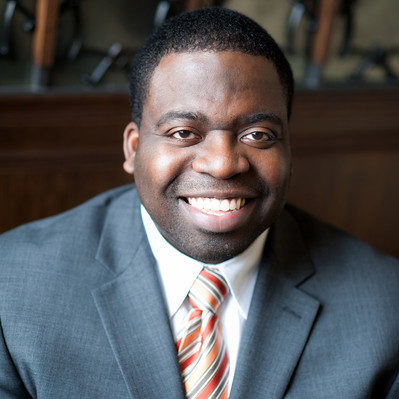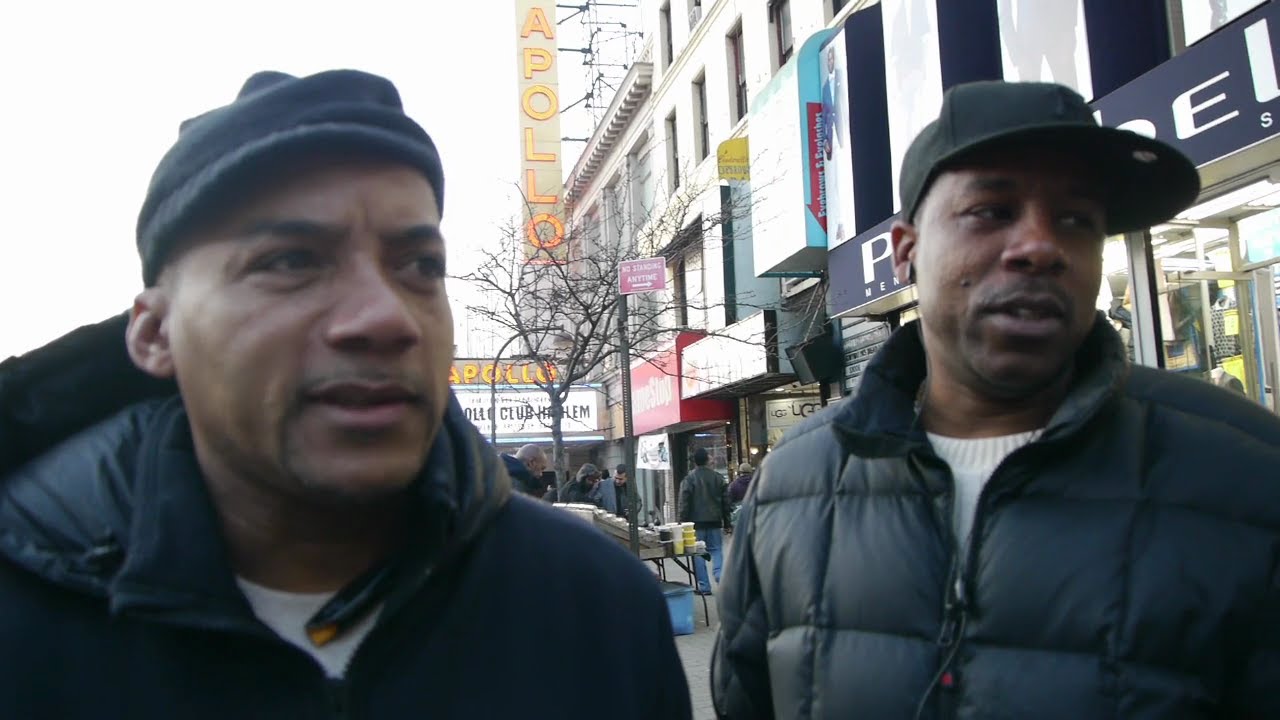Author: luimbe
Schilling Shell Game
Link99 Problems…
LinkCan’t be unseen: glad i read GoT before this
LinkVoters on Breakups, Bailouts and Banks
Link37% of voters believe the world’s climate scientists conspire to lie to us
LinkFacebook home & privacy
StandardPaying for private resources is the key:.
In fact, Facebook Home should put privacy advocates on alert, for this application erodes any idea of privacy. If you install this, then it is very likely that Facebook is going to be able to track your every move, and every little action. It is a future I wrote about a few days ago, and let me explain using that very same context.
being that the biggest revolution on Android this year is “Facebook Home”, I’m glad I’m using an iPhone.
A quick edit
StandardA quick edit to John Gruber: Trust your thoughts and ideas to the “killers” of Google Reader. Good luck with that..
The “makers” of Google Reader aren’t necessarily with Google anymore.
Rep. Peter King (R-NY) realizes his party specializes in hypocrisy
LinkIs it worth rebutting?
LinkMoving towards work camps
LinkThere’s a difference
StandardThrowing your own son’s casket open is different than someone else leaking a photo of your dead child. Michael Moore should have enough empathy to understand that.
On Grand Bargains…
StandardAlex Pareene at Salon has written a great piece about the revival of the Grand Bargain in his inimitable style that’s well-worth reading. I just want to pull out on little piece that I don’t think many people really understand:
Here’s a fun secret: Tax reform (in this case referring to eliminating or scaling back “tax expenditures”) is technically a conservative policy priority, even if elected Republicans refuse to ever support it for real. This is a compromise in which conservative policy is being offered in exchange for conservative support for a conservative policy. The sequester and Obama’s Bargain quest mean that Republicans can choose between allowing a Democrat to “take credit” for cutting the two most popular programs in the country or they can just live with the already-passed government spending cut that they are also able to blame on the president.
Period. Sequester is the new normal.
What didn’t we deregulate in the 90’s?
LinkMore 0f Breitbart’s lifework
LinkNew World Water: Woodlands, PA
LinkFox Sports 1 launches with…Regis at 5pm
Linklower funding, increase tuition.
LinkBreitbart’s legacy
Link“What is it good for?”
LinkRespones to Cultural Appropriation
StandardI think the Harlem Shake parodies are hilarious. I also understand that within the meme, cultural appropriation is occurring. A meme is essentially a parody of some element of culture. The “Harlem Shake” meme in of itself is a parodic response to a parody of the song Harlem Shake by Baauer.
I enjoy the excellent, correct, scientific, wonky and scholarly explanations of the origins of the Harlem Shake dance devised by Albert Boyce and originally called “The Al B” and the incongruence of the meme to a dance from Harlem and native to Hip-Hop (seriously, read them all!). These are facts that needed to precede a healthy discussion of Hip-Hop culture. I didn’t as much enjoy watching the disappointed, mildly disgusted and sometimes angry reactions of Harlemites to “Harlem Shake” parody videos. It felt the parodies were themselves presented without appropriate context in seeing the anger in some of the reactions.
But all Harlem Shake parodies are not equal and Hip-Hop culture, which birthed the “Harlem Shake”, remains a guerilla cultural appropriation of American life through the expression of breakdancers in the parks, boomboxes blaring music at basketball courts, graffiti tagged walls, bridges and subway trains and uncleared samples of every genre of music rapped over by emcees at parties. In this, people harken back to white artists that would take black artists music, dances and showmanship and then filter them for mass consumption and profit. The difference is today, the Hip-Hop movement has access to all the tools that made the “Harlem Shake” parody so popular: YouTube and people willing to start dancing in front of the camera.
In light of that I feel the folks, despite the undemocratic usage of a professionally remixed Hip-Hop version of the Baauer song, NY Radio station Power 105.1 were closest to the Hip-Hop appropriate response. After all: wouldn’t the best rejoinder to the culture appropriation of the “Harlem Shake” parodies be a “Harlem Shake” parody where dancers firmly rooted in Hip-Hop culture actually do the real “Harlem Shake”?

